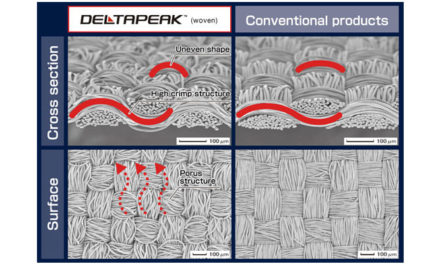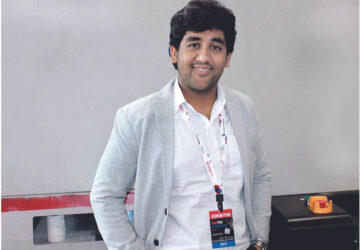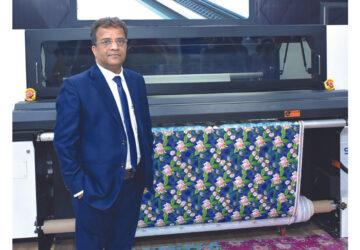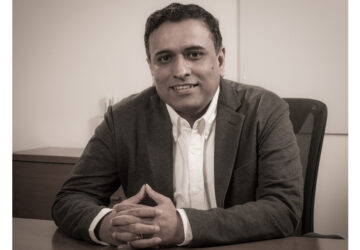
Global experts said that Bangladesh’s readymade garment sector should be transformed to a fashion-oriented industry from commodity-oriented one to remain competitive in the global market. This was the time for Bangladesh to be innovative with adoption of latest technology as the global apparel industry is moving towards smart wears, said speakers at the Fashionology Summit. The summit, first ever in Bangladesh, was organised by Bangladesh Apparel Exchange at International Convention City Bashundhara in the capital.
‘Improve the factory layout and improve worker’s efficiency. Your worker is your most important capital and investment in your worker delivers the best return,’ said David Birnbaum, Transfer Pricing Expert and Strategic Adviser to World Bank. He said that there was an apprehension that the adoption of technology would make the workers jobless but if the workforce was technologically advanced, they would not loss their job as industry would grow with skilled people.
Birnbaum said that it would not be possible to remain competitive in the new dimension of global fashion technology by producing basic items and suggested that Bangladesh should transformed its garment sector to a fashion-oriented industry. He said that garment makers in Bangladesh would have to emphasise quality products, not only quantity to remain competitive in the new dimension of future fashion technology. He said that the man-machine ratio is higher in Bangladesh than any other competitor countries and it should be reduced by adopting technology. Birnbaum suggested making investment for product development, speed to market and new skill sets for coping up with the future fashion technology.‘Your people are your greatest capital assets. Invest in your people. Value your people,’ he said.
Muchaneta Kapfunde, Founder and Editor-in-Chief of Fashnerd, predicted that the global market size of smart textiles would be $130 bn by 2025 as it was able to do many things that traditional fabrics could not such as interacting with surrounding environment and reacting to changes in its environment. She said that the smart fabrics space was opening up a massive creative space for fashion designers and it would offer enhancement of human capabilities. The world fashion industry was excited about the smart fabrics as it would be possible to access advanced functions such as monitoring one’s emotional state, stress level, and ergonomic posture through the fabrics, Muchaneta said.
Eva Van Der Brugge, Innovation Manager of Fashion for Good, said that Bangladesh apparel and textile industry would have to adopt latest technology to cope up with future fashion technology. She said that Bangladeshi garment makers were gradually adopting technology and it was obvious for the sustainability of the industry.
Mustafuz Uddin, Chief Executive Officer of Bangladesh Apparel Exchange, said that they endeavoured to bridge the gap between the present and future of Bangladesh textile and apparel industry through technology, innovation and knowledge sharing by organising the summit. A total of 17 global experts on fashion and technology spoke at the programme.



















